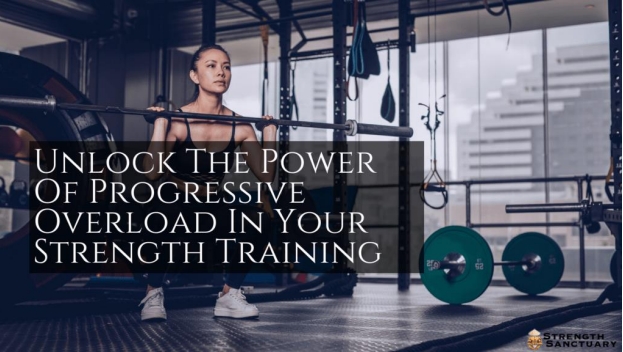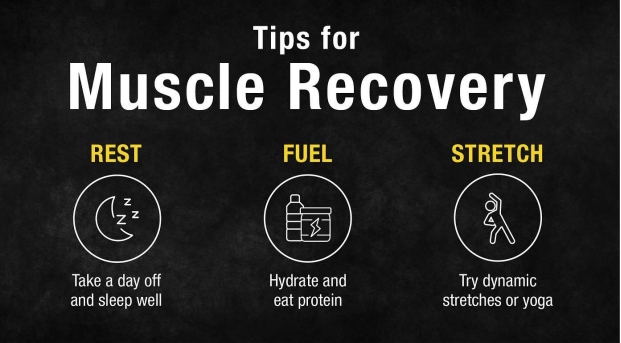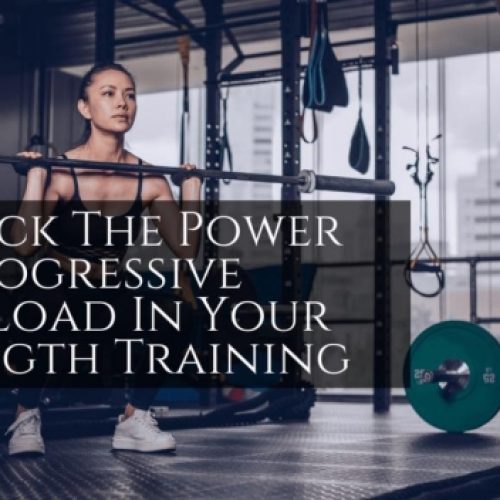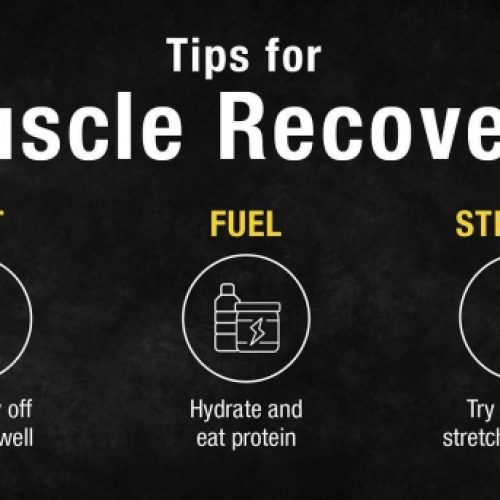The amount of energy that is potentially accessible for your body to absorb is the sole thing the calorie
count tells you about what you eat. Spector said to Francesca Rudkinand Louise Ayrey on the
Herald’s newest podcast, The Little Things, they are important in how much fat we lay down and how
much we put on.” “However, the research we’ve conducted with the firm, Zoe, and these predictive
tests have demonstrated to us that our reaction to food isnot at all genetic. Everybody has a varied
metabolism, and we all react to food in very different ways. After feeding 50,000 people the same
meals, we have observed a significant variation in each individual.
What exactly constitutes a balanced diet?
A diet that meets all of a person’s nutritional requirements and has the ideal proportions of
macronutrients (protein, fat, and carbs) and micronutrients (vitamins and minerals) is known
as a balanced diet. According to author and nutritionist Dale Pinnock, it only takes going back
to the basics, often known as “the medicinal chef” and the brains behind the brand-new online
weight-management program The Metabolic Fix. Make whole foods your main dietary focus;
Nuts, seeds, fruits, vegetables, whole grains, high-quality plant-based and lean proteins, and
good fats. You will win 95% of the war if you do that correctly.
Your “ideal plate” manual to ensure you obtain enough nutrients from each meal.

The significance of energy/calorie balance
The energy/balance equation, which measures how many calories we burn and how many
calories we eat, is the traditional explanation for why people are overweight. Vegetables and
fruit can be consumed in relatively big quantities because they are low in calories and high in
nutrients. Slow-release energy from whole-grain carbohydrates reduces cravings throughout
the day. Getting adequate muscle mass and lean, plant-based protein keeps you full and
increases your metabolic rate, which allows you to burn calories even while you’re at rest.
Although they are vital for nourishment, healthy fats are.

What is the recommended daily caloric burn for weight loss?
You must create a deficit—a difference between your caloric intake and expenditure—if your
objective is weight loss and you are keeping track of your calories. Your basal metabolic rate,
or the amount of calories your body burns while at rest, should be considered in order to do
this. Next, account for the number of calories you consume each day.
A healthy objective, in Taylor’s opinion, is to shed one or two pounds every week. There are
3,500 calories in one pound, and you may divide up how you establish that shortfall. She
suggests exercising to burn 2,000 calories per week and then cutting 1,500 calories per week
from your diet, or roughly 214 fewer calories each day.
Additional 12 Days of Health Tips
Generally speaking, you should strive to work out five days a week and burn between 400 and
500 calories. Although numerous variables affect how many calories you burn during an
exercise, such as your weight, sex, age, and many more, this figure is an excellent place to
start.
For instance, a 200-pound male will burn more calories during the same workout than a 130-
pound woman.
How to keep track of the calories you burn by exercising
Taylor claims that the following are the primary elements that affect how many calories you
burn when working out:
Heart rate limit for training
According to Taylor, your heart rate zones indicate “how hard you are pushing and recovery
periods.” “Your heart rate changes daily so knowing how much you are burning and what
zones you are training in will only help you achieve your goals that much faster.”
Your heart rate at rest naturally
Each person has a different resting heart rate, but the typical range is 60 to 100 beats per
minute.
Your bodyweight
“If someone weighs 120 pounds then they will burn less per hour than someone who weighs
180 pounds,” Taylor said.
Workout types
Over time, gaining muscle mass will increase your resting metabolic rate.
Summarized
Just a little reminder if your objective is to reduce weight Maintaining a positive outlook is
crucial during this procedure. Don’t go to the gym solely to burn off calories or as a way of
“punishing” yourself for what you ate. Positive motivations, like getting your body moving or
exercising to relieve stress, are the healthiest and most long-lasting sources of motivation for
exercising. Beyond only helping you lose weight or burn calories, exercise has a ton of other
positive effects on your health and wellbeing.







